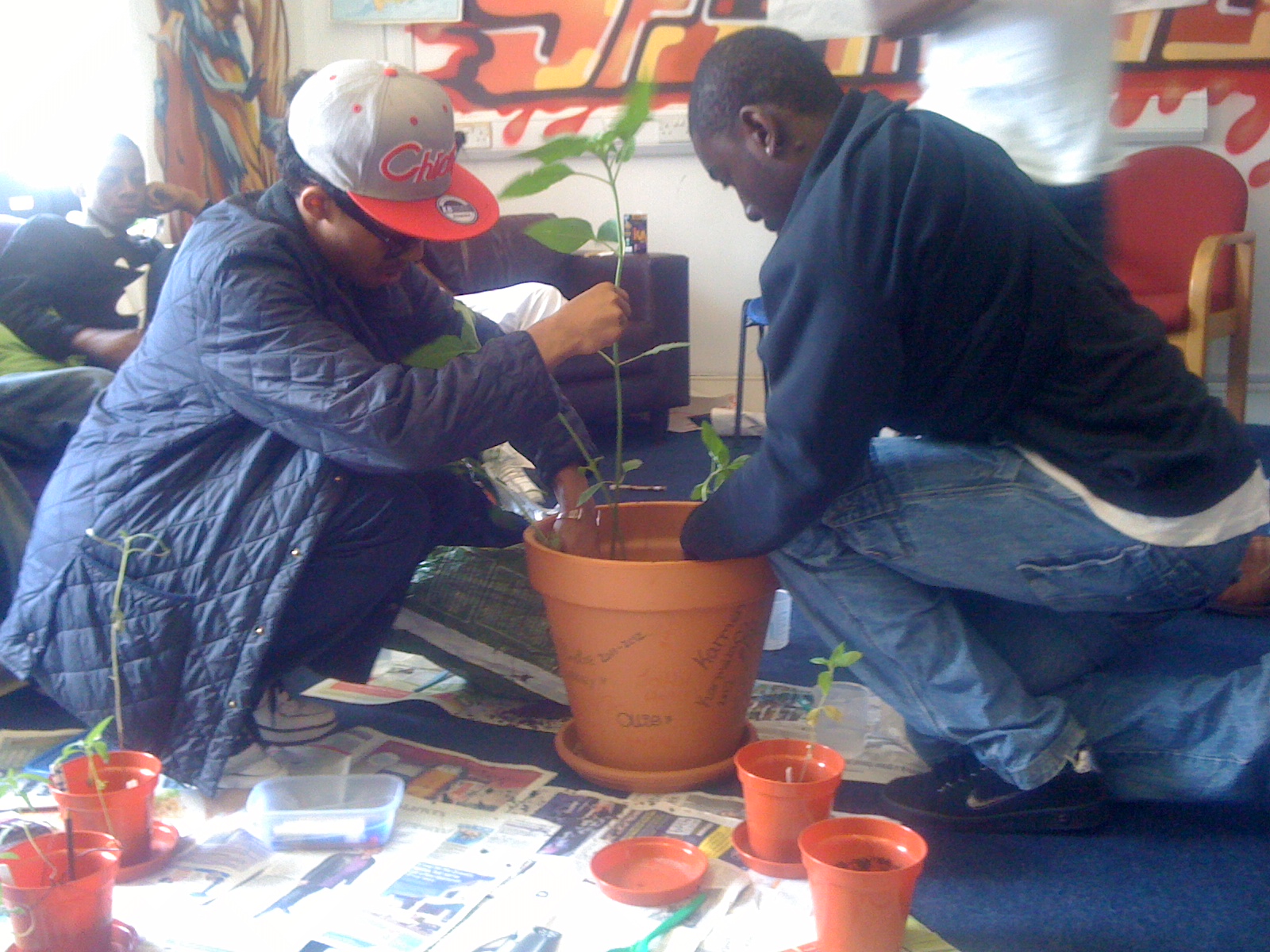Having spent over 10 years working in alternative education, it seemed a good place to start with a blog.
What makes therapeutic provision different?
Some of the best work I’ve seen and been fortunate enough to be part of in alternative education have been provisions that don’t permanently exclude young people (obviously adhering to risk assessments within that). But it is within this framework where there is opportunity to explore why certain behaviours are manifest.
Being able to offer a Person Centred approach, Rogers core conditions, not just in the counselling room, but running through a school, can be huge. All behaviour is communication; instead of punishment we can begin to explore, together with the young person, what’s going on.
All models of therapy emphasise the importance of reliability, predictability and consistency. A provision that can work with this and have it at the core of their model can provide safe conditions for change. It does require a robust framework of reflexive practice, non oppressive practice and interdisciplinary practice. Therapeutic provisions acknowledge young people are hurting and, in my experience, a school that offers pure curriculum doesn’t do that.
Implications for staff
If staff don’t language the model, then young people and staff themselves will ask what is the point of the place. It means that staff need to be emotionally literate, they need to actively cultivate human qualities and demonstrate them within professional boundaries. They need to understand the benefits of working in a non-oppressive manner, and need to feel confident about exposing their vulnerability around inherent prejudice.
Impact on Learning
Young people have been rejected altogether, from schools, study centres and PRU’s, so their foundations can be insecure.
When they get referred to a new school they are then expected to get on with learning. This baffles me. A young person needs to know they can trust the ‘something different’ that is being provided.
It’s important to keep on creating an environment to support trust, it needs to be different to what they had before, but also offer learning. It’s a tightrope and questions worth exploring as a staff team are: what is learning? What is the value of it? What do young people need to learn before they step into a classroom? Or at the very least what do these particular young people need to learn alongside being in a classroom.
If we ask ourselves what do we want to teach… This model doesn’t just get you through this particular stage in your life, but gives new knowledge, that can be applied to the future. Throughout our lives we are going to face emotional challenges – our schools have an opportunity to prepare our young people for that.
We all need a secure platform to learn from, and this platform is missing in a lot of vulnerable young peoples lives.
If a school can put one to one, therapeutic group work and regular home visits alongside education I think this can offer a meaningful change.
In another blog post I will break down these different elements (one to one, group work, home visits) and how they can work together, and how meaningful they can be to a young person and families.
Theory to practice
Attachment – the work of John Bowlby. The importance of positive significant relationship between child and carer.
Attunement – The wave of trust; emotional trigger for violence.
Brain Development – the impact of oppression / oppressing on physical growth
Person centred – do people have an innate sense of purpose or is it a taught / learnt quality
Psychodynamic – Early childhood being the source of all adult difficulties
Cognitive Behavioural – Changing thinking with behaviour.
Narrative therapy – Externalizing language, with the aid of play and storytelling (for example) helps separate children from their problems.
Thank you for reading, Kevin
Would you like to add some further thoughts to this?
Feel free to send me a message .

Like the sound of what you’re doing but frankly I’m abhorred by what appears to be institutional violence against children of very early years in particular . Excluding is pernicious and detrimental to children’s development and well the authorities know . I m feeling this is driven by a political agenda to drill kids out of their subjectivity to a point where they conform to a desired standard of social acceptability as designed by our political masters . Oddly Thatcher only talked of integrating special needs into mainstream , funny how tines change ?!!